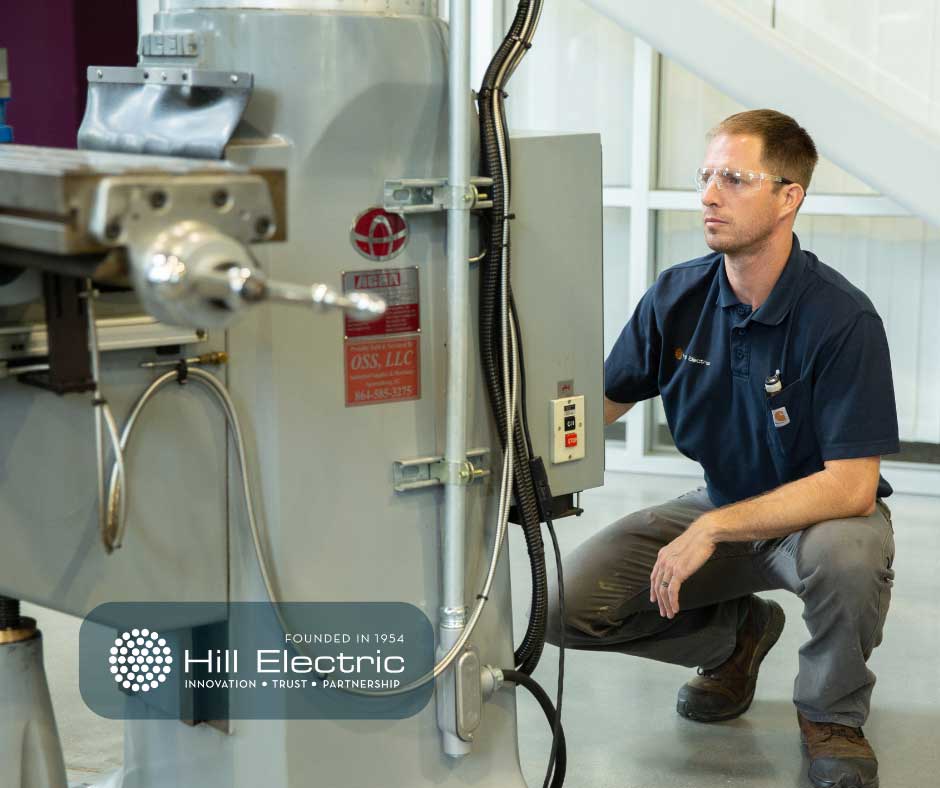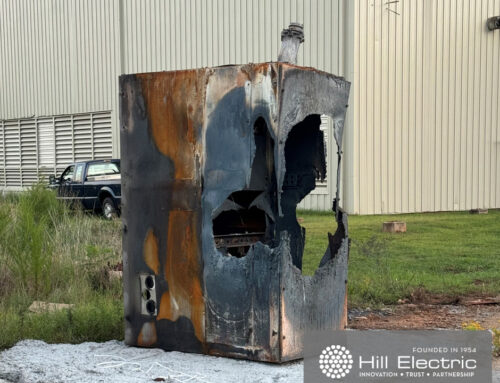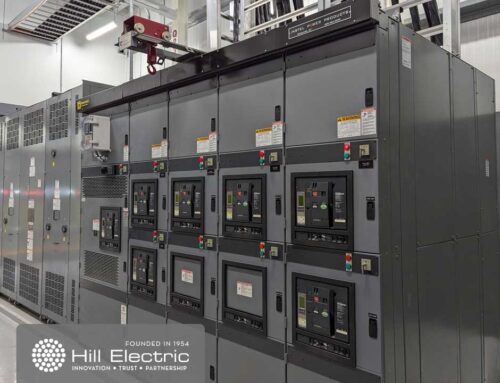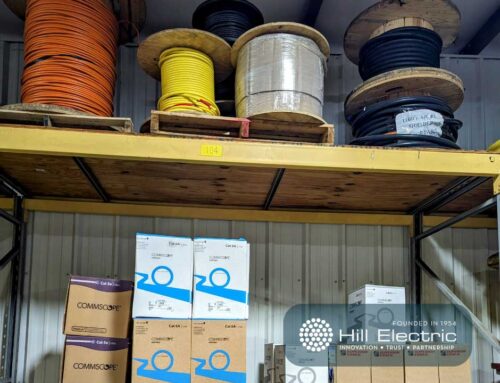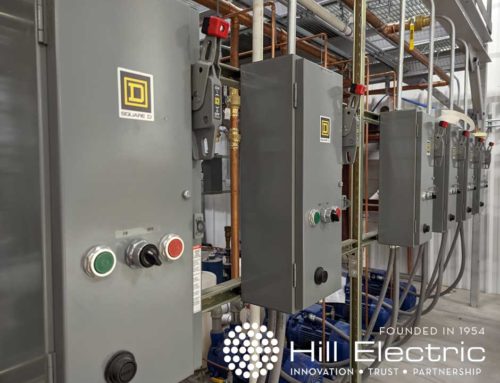Whenever I meet someone and we discuss my career working for an electrical contractor, they usually follow up by asking me questions regarding electrical inspections and permits. Typically these questions involve residential projects or private land usage. However, electrical inspections are a part of all categories of electrical work. Following are some questions I’m usually asked.
What is an electrical inspection?
Generally speaking, an electrical inspection is a situation in which the local authority (“Authority Having Jurisdiction”) inspects a project to ensure that all applicable codes are being met. This inspection can be for new construction or a remodel. The inspections are conducted at specific milestones in the project. One example of this would be inspecting the electrical inside of a wall before the wall is enclosed.
When are inspections required?
Inspections are required as a part of the electrical permitting process, so the real question should be, “When do you need an electrical permit?” This answer is a little complicated, as every local authority has different rules. All of the authorities that we deal with at Hill Electric have a guide on their website that covers this information. Typically, it reads:
City code says any owner or owner’s authorized agent who intends to construct, enlarge, alter, repair, move, demolish or change the occupancy of a building or structure, or to erect, install, enlarge, alter, repair, remove, convert or replace any electrical, gas, mechanical or plumbing system, the installation of which is regulated by this code, or to cause any such work to be performed, shall first make application to the building official and obtain the required permit.
Can the homeowner pull their own permit?
Yes, a homeowner can get the required permits if the criteria by the state code is met. In SC Code of Laws states:
- 1
The owner does the work himself, with his own employees, or with licensed contractors or registered entities or individuals;
- 2
The structure, group of structures, or appurtenances, including the improvements, are intended for the owner’s sole occupancy for occupancy by the owner’s family and are not intended for sale or rent; and
- 3
The general public does not have access to this structure.
The Code of Laws also states that the owner maintains the above requirements for two years. (Be sure to check your own state’s Code of Laws.)
What are some tips and tricks for navigating permits and inspections?
The biggest tip I can provide you with is to use a licensed contractor. Someone who is unfamiliar with the permitting and inspection process will definitely deal with hitches along the way. Here is a quick list of some of the obstacles that are involved with the permitting process.
One example in which having a reputable contractor makes a big difference is when dealing with a utility disconnect and reconnect. Typically, we can have your power disconnected, necessary work completed, and power back on in the same day—definitely not an easy feat. It takes familiarity with the process and the inspectors to orchestrate.
Dealing with electrical inspections and permitting can be frustrating and difficult, and finding enough information just to know where to start is definitely challenging. Most governing bodies have moved to complete online services that do not provide a lot of information and lack the back and forth of verbal communication.
For these reasons, I advise you to know all of the facts before engaging in this process. Above all else, hire a reputable contractor who is a professional in the field. You don’t want to take risks with this process, and safety is always crucial. As always, if you have any questions about this or any other electrical issue, feel free to contact us. You can also check out some of our other blogs to learn more.
Written by David Wolke, Vice President of Hill Electric

